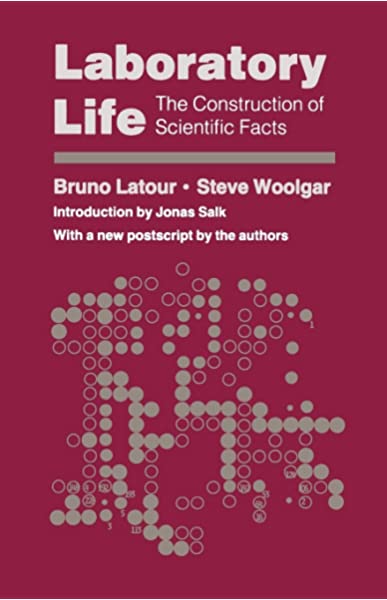On September 21, the second closed research seminar of the Project team was held in working mode
Extremely useful and productive - this is the overall emotional outcome of our Second Private Seminar. For two academic hours, the main historical techno cultural stages of the development of methodological activities were analysed and the contours of a new methodology for the implementation of the goals of our Project were identified.

Quite briefly
A warm pleasant evening, a mental fervour, a slight hunger for a lively discussion in a team of like-minded people - these are the ingredients that were needed to prepare an exquisite intellectual dish - Methodology for the development and use of computer simulations.
The lead researcher of the Project - Ivan Kuzin – held the seminar.
He also arranged the report plan in accordance with the academic canons.
The beginning of the lecture was devoted to a historical overview. From the origin and etymology of the word methodology (from ancient Greek μέθοδος - the way of research and λόγος - thought). Not the sequence, but the structure of the action, mastering the method = understanding the structure of the path.
Descartes followed this with an attempt to create a unified general methodology, and of course Kant, who expressed the Method as a discipline - forcing the subject to act and forcing the object to the desire of the subject. The method allows the subject to highlight the subject in the object. The object (reality) can resist the process: methods do not define the object completely.

Ivan Kuzin have slightly touched the "Laboratory Life" by Bruno Latour (the declared method is how scientists describe their work; at the same time, the method does not necessarily coincide with the real one - in most cases it does not coincide) and then moved on to practice.
As a molecular biologist in the early years of his scientific career, Ivan Kuzin easily cited the examples from the practice of his laboratory life on each of the five aspects and five elements of the scientific experiment methodology.
So, for example, 5 elements of the method:
Typical start. A case from molecular biology: Research begins when there is a tool or tool that competitors lack - an interesting mutant protein.
Hans-Jörg Reinberger: Research begins with the observation of an unexpected result. If we stabilize a new phenomenon and learn how to handle it, we can use it as a tool.
Category. Case: it is assumed that there is a model organism, even if it is not yet known, i.e. the method assumes space, which can be empty.
Principle: local basis of choice. For example, choosing between different tools or theories (different situations have different principles; different methods have different sets of principles)
Logics. Something that ensures the consistency of the result; distribution on layers of truth. Case: "semi-quantitative" methods - can be roughly estimated in terms of "more or less", but the use of strict truth values degrades the quality of the study.
Typical result. Case: to find out if proteins interact with each other and how exactly.
What these elements and aspects correspond to in the case of computer simulations was to be determined by the Project team members.
Likewise with the five aspects, which in conjunction with the five elements build a coherent methodology of scientific experiment. Using this framework as a basis, the Project participants defined the outlines of a new methodology for the development and use of computer simulations.
Having decided on the general methodological scheme, the interdisciplinary team of the Project planned to start research on adapting and specifying the methodology based on applied problems that can be solved using computer simulations.
 Stay tuned and we will very soon officially announce an Open for all format of master classes, workshops and seminars from the best industrial experts, scientists and researchers working on a daily basis with computer simulations in science, industry and business!
Stay tuned and we will very soon officially announce an Open for all format of master classes, workshops and seminars from the best industrial experts, scientists and researchers working on a daily basis with computer simulations in science, industry and business!
